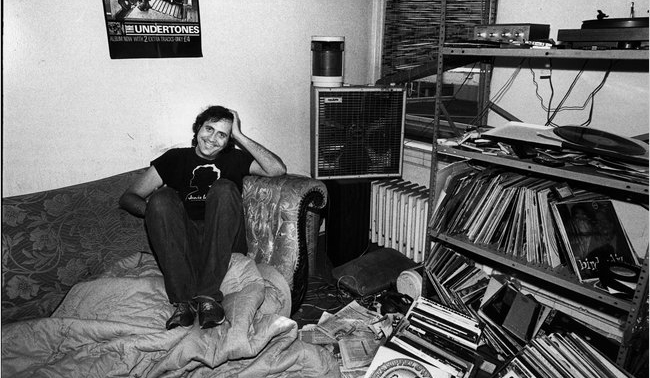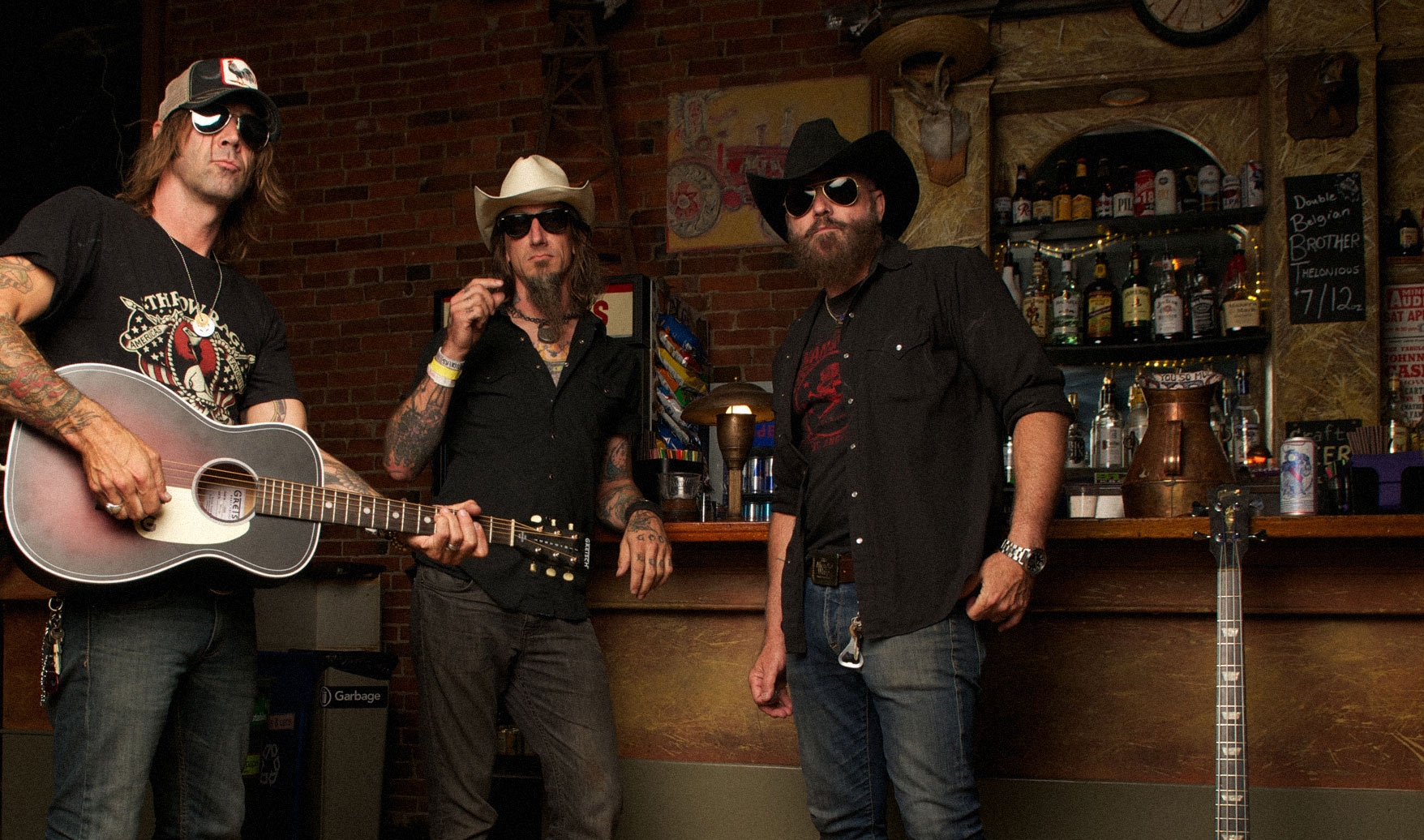“Music is subjective. Use that to your advantage. It’s the only difference you have,” says Marcus Teague, co-founder of Mess+Noise and former editor (among other roles) of TheVine. “That means try and use your unique brain to figure something out about music that other people aren’t. Have a look at what others are doing and don’t do that. Alternatively, just try to tell an interesting story. If you get yourself in the right situations or talking to the right people, you just need to list what happens for it to be a successful piece.”
“Learn your craft before you find your voice,” advises Simone Ubaldi, a former triple j and Radio National producer, Triple R’s Breakfasters weekly film reviewer, and most importantly a long-term contributor for Beat. “Learn how to construct good, clear sentences. Ask yourself, does this statement/sentence actually mean anything? Am I giving the reader anything valuable, or just throwing a bunch of adjectives at them? Don’t make your writing about you, you’re probably not that interesting.”
So, you have no published work: how do you get your feet off the ground and get your work into a magazine? “Write blogs, tweet about your blogs, pitch to editors using links to your blogs, and do not be scared of rejection,” suggests Sinead Stubbins, a regular contributor to the likes of Pitchfork and Vulture. “There’s not one single way to be a music writer. Initially I found writing about music intimidating because I was scared of not knowing enough about the subject and coming off as a fraud. This had nothing to do with my actual knowledge, and more about feeling like I didn’t belong. Being a female writer often means that you have to ‘prove’ your expertise about certain areas of pop culture, particularly in music writing, in ways that men don’t. I think I had to get over the fact that not everyone will like what I write, and that if I tried to please everyone what I would be producing something that wasn’t very good. I also let go of what I thought a music writer should be writing about. You don’t have to be Lester Bangs and rhapsodise about rock albums for 50,000 words to be a music writer.”
“Start a Tumblr,” adds Jake Cleland, one of the fastest-rising names in the game, who somewhat-recently launched his new Australian music-centric e-zine Strine Whine. “If not Tumblr, then Medium. Having evidence of your brilliance within one click for your future disgruntled boss is a great boon.”
You’re off the ground: you’ve got a few articles published. How do you do actually become a better music writer? “Read, write and repeat,” suggests Mikey Cahill, a journalist who has written for almost every music publication under the Australian sun, and now works as a resident for The Herald Sun. “Make sure you’re always reading as much as you can, have a voracious appetite for reading all kinds of music press. Whether it be live reviews, interviews, think pieces. There’s so much good stuff out there, delve into that and then write as much as you about the subjects that interest you. My mother always said ‘write the truest thing you know.’ “
“You’ll stand out from the crowd if you develop insight, have original ideas and craft those ideas into strong, clear stories,” says Ubaldi. “Standing out from the crowd and finding your own voice is not as important as being a good writer.”
Also, reach out to writer your favourites, ask them for advice,” adds Cahill. “Get as much feedback as you can and take it on the chin. Be persistent. Persistence is pretty much the key to everything in life.”
“Broaden your ability to think, interpret, synthesise, which is essentially the trajectory of all art,” details Cleland. “Treat music writing like an art, because writing is an art. Do absurd things with it and do boring things with it and find your method in between – you can only get there by marking the poles first. It helps, also, to spelunk the depths of self-involvement, because Phillip Seymour Hoffman in that one movie about rock journalists was right: you can make a lotta friends in this gig, but it will cripple your writing worse than Nancy Kerrigan.”
You’ve done the rounds. You’ve worked your fucking arse off. What sort of ever-lasting memories will this sort of career leave you with? “Having Metallica read one of my reviews and then invite me on tour with them for five days was a highlight,” proudly laughs Teague. “James Mercer from The Shins told me he felt so lonely at Heath Ledger’s funeral that it had changed his life,” adds Ubaldi. “A few weeks ago, Sufjan Stevens told me he was tired of thinking about death. Bjork told me she dreamt that Brian Eno had come to her in a sauna and explained the psychological landscape of Icelandic music. When I was 18, I interviewed Blur and had a beer with Graham Coxon. I complained about my shitty hometown, he told me I still had plenty of time to escape.”
BY TYSON WRAY

